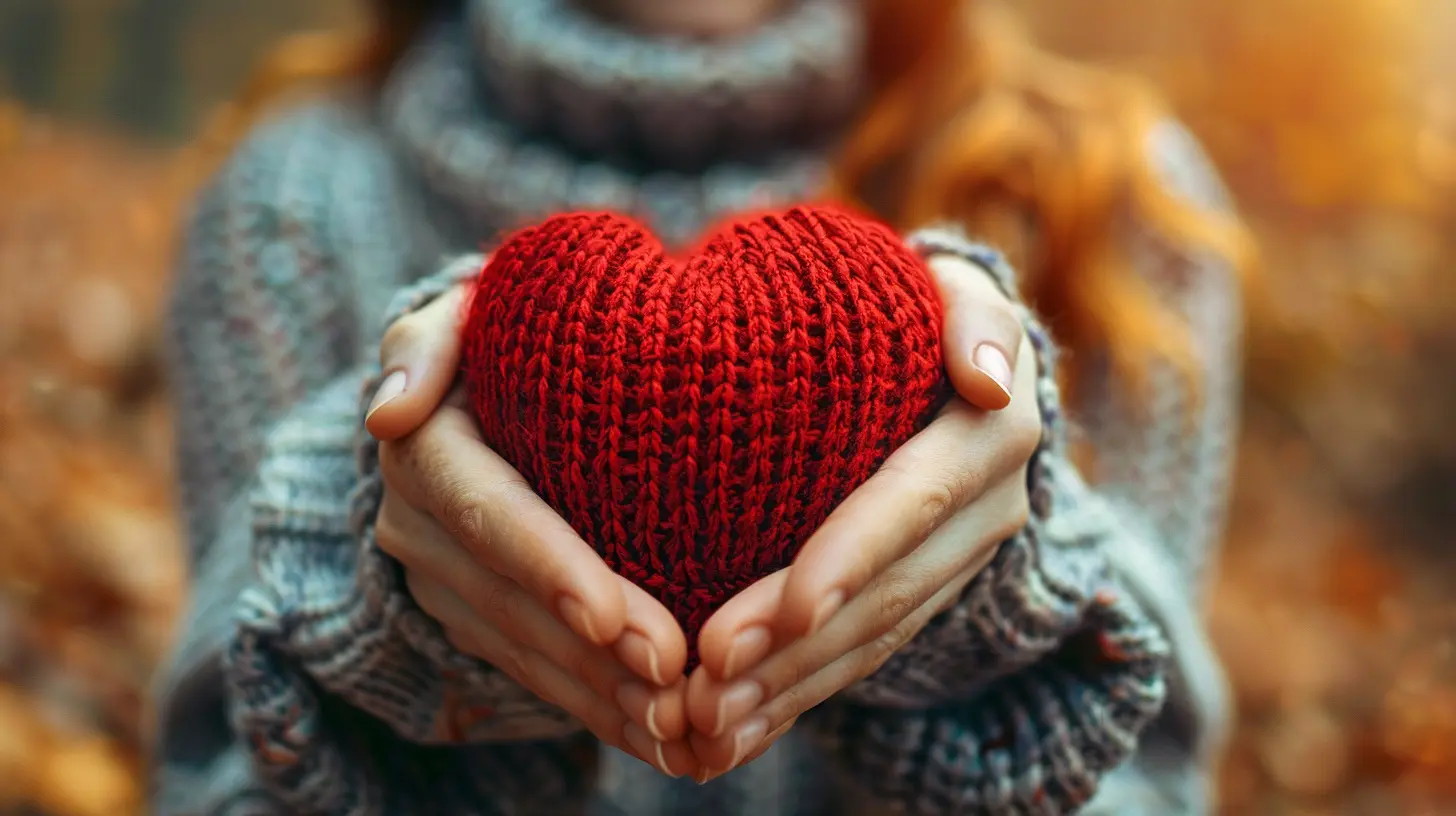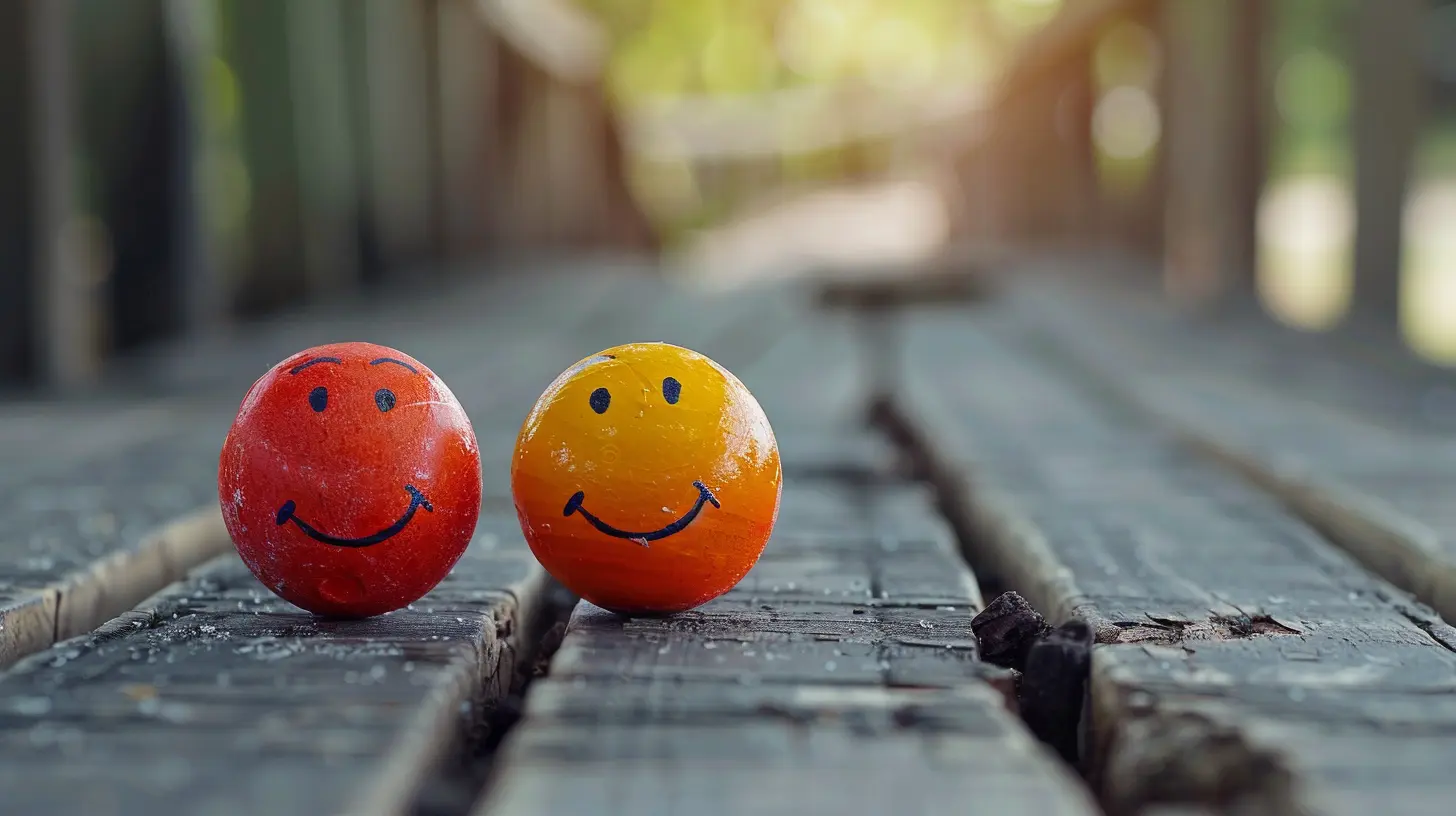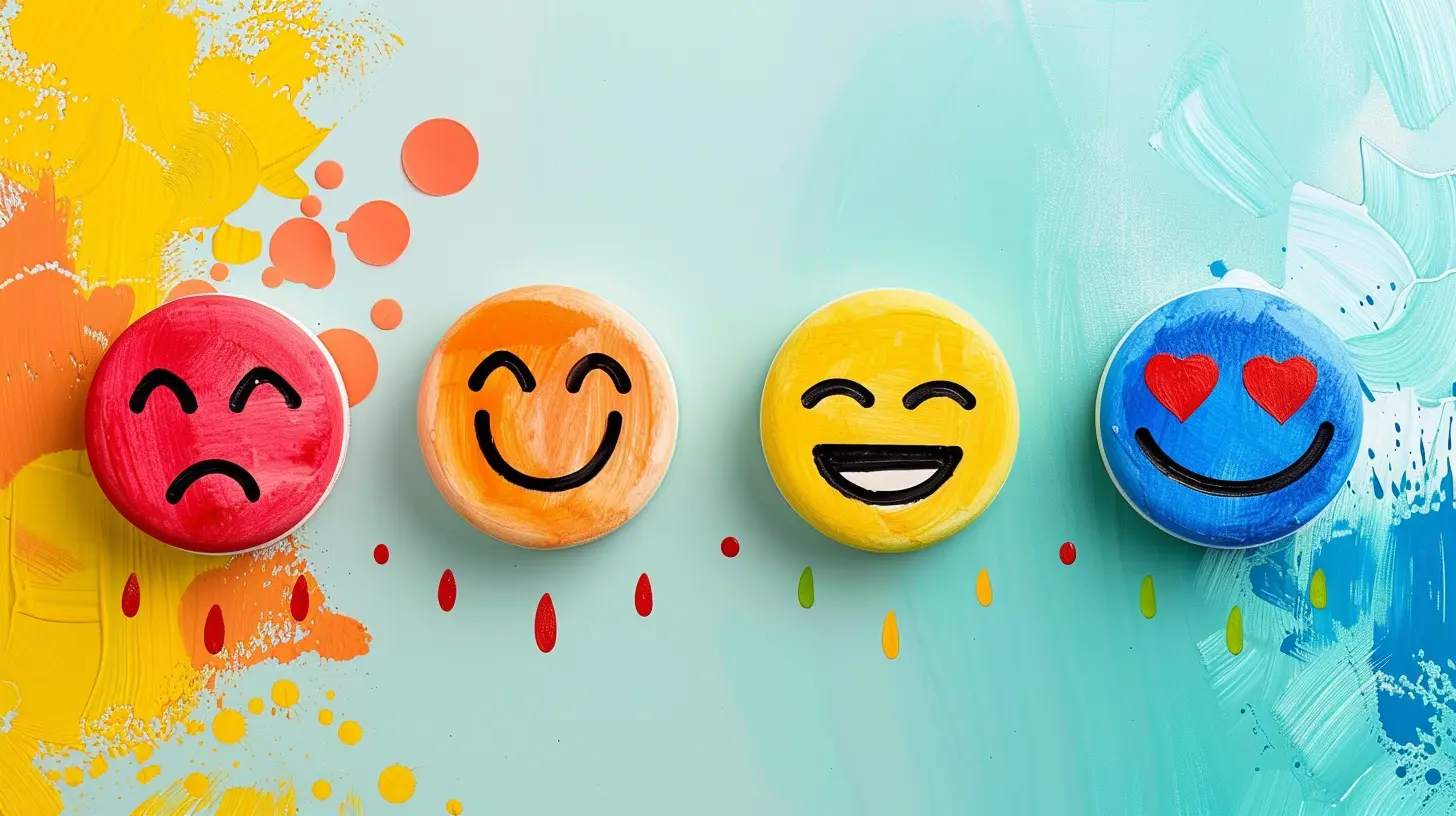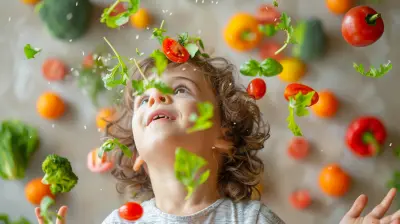How Expressing Gratitude Can Transform Your Emotional State
10 July 2025
Let’s be honest—life gets overwhelming. Between work deadlines, family obligations, the never-ending to-do list, and those curveballs life throws, it’s easy to feel emotionally drained or even stuck in a cycle of negativity. But here's the good news: there's a simple, powerful, and science-backed way to flip the script on your emotional well-being. It’s not a magic pill, and it doesn’t cost a dime. It’s gratitude.
Yes, that’s right. Expressing gratitude—something as simple as saying "thank you" or appreciating the little things—has the power to truly transform how you feel. So, grab a cozy spot, take a deep breath, and let’s dive into how showing a little more thankfulness can lead to a whole lot more joy.
What Exactly Is Gratitude?
Before we dive into the transformation part, let’s clarify what gratitude really is.Gratitude is more than just good manners or being polite. It’s a deep emotional response where you recognize and appreciate the good things in your life—whether they’re big or small. It's that warm feeling you get when someone gives you a hug, when the sun shines after a week of rain, or when you remember how far you’ve come.
Gratitude is a mindset, a perspective that turns “I have to” into “I get to.” It takes the ordinary and makes it extraordinary. And when you start to practice it intentionally and consistently, it can change everything—especially how you feel.
Why Does It Matter? The Science Behind Gratitude
Now, you might be thinking, “Really? Just being thankful can actually change how I feel?” Yep. And science backs it up.Studies in positive psychology have repeatedly shown that people who regularly express gratitude experience:
- Lower levels of stress and anxiety
- Improved mood and emotional resilience
- Better sleep
- A stronger sense of connection and belonging
- Increased self-esteem
- Even physical health benefits like reduced inflammation and lower blood pressure
The reason this happens is pretty fascinating. Gratitude activates areas in the brain associated with pleasure, social bonding, and stress regulation—like the hypothalamus and the ventral tegmental area. It triggers dopamine production, also known as the “feel-good” neurotransmitter. So when you practice gratitude, you're literally rewiring your brain for positivity.
Shifting Perspective: From Lack to Abundance
Have you ever noticed how easy it is to focus on what’s missing in your life? It’s like our brains are wired to spot problems. And in a way, they are—it’s a survival mechanism. But that hyperfocus on the negative can keep us trapped in a cycle of stress and dissatisfaction.Gratitude flips that script. It shifts your focus from what’s lacking to what’s already there. Instead of fixating on what you haven't achieved yet, you start appreciating what you’ve already accomplished.
Think of it this way: your mind is like a flashlight. Wherever you point it, that’s what you’ll see. Gratitude simply points your flashlight toward the good stuff.
Simple Ways to Practice Gratitude Daily
You don’t need to start a full-blown gratitude journal (unless you want to!). Even small acts can make a big difference. Here are a few easy ways to start:1. Keep a “3 Things” Journal
Every night before bed, jot down three things that went well during the day or three things you’re grateful for. They don’t have to be huge—maybe your coffee was just right or a stranger held the door open for you.2. Write a Thank You Note
Take five minutes to write a quick thank-you message to someone who helped you or made your day better. You can text it, email it, or even say it out loud. It will lift their spirits and yours too.3. Practice Mindful Appreciation
During your day, pause and take in the moment. That warm blanket, your pet’s goofy grin, the smell of fresh bread, or your child’s laugh—soak it in and silently say, “Thank you.”4. Gratitude Walks
Take a walk and think about everything around you that you're thankful for—trees, birds, the sky, your legs for walking. It's like meditation but infused with thankfulness.5. Shift Complaints Into Appreciations
Caught yourself complaining? Try flipping it. Instead of “I hate doing dishes,” say, “I’m thankful I have food to eat and dishes to clean.”The Emotional Shift: How Gratitude Alters Your State of Mind
So, how does all this gratitude stuff actually change your emotional state?1. From Stress to Calm
When you focus on gratitude, your body starts to relax. Your breathing slows, heart rate steadies, and your parasympathetic nervous system (the “rest and digest” mode) kicks in. It’s like a mini-vacation for your mind.2. From Anxiety to Peace
Gratitude grounds you in the present moment. When you’re appreciating something right now, you’re not spiraling into “what-ifs” or future worries. It’s mindfulness in action.3. From Sadness to Hope
Recognizing the good even during hard times can be incredibly healing. Gratitude doesn’t deny pain—it simply reminds you that light still exists, even in the dark.4. From Anger to Empathy
When you practice gratitude, especially toward others, it softens your heart. You start seeing people more compassionately and are less likely to hold onto resentment or blame.Gratitude and Relationships: Making Human Connection Stronger
Ever had someone thank you sincerely? Remember how good that felt?Expressing gratitude doesn’t just help you—it strengthens your relationships. It builds trust, deepens emotional bonds, and encourages people to support one another. Whether it’s your partner, a friend, or a coworker, showing appreciation makes people feel valued.
Pro tip: Instead of just saying, “Thanks,” try saying, “Thank you for always being there when I need support. It means a lot to me.” The more specific, the better.
But What If I Don’t Feel Grateful Right Now?
Fair question. Life is hard sometimes. There are days when gratitude feels forced or even fake. And that’s okay.You don’t have to be grateful for everything. You just need to find one thing. One small, honest moment of appreciation. Even if it's just that your coffee was hot this morning or that the sun came up again.
Gratitude isn’t about pretending life is perfect. It’s about finding those tiny flickers of light, even on your darkest days. And over time, those flickers can turn into something much brighter.
Making Gratitude a Habit (Without the Pressure)
The key to lasting emotional change through gratitude is consistency, not perfection. Don’t worry about doing it “right.” Just start. Keep it simple.- Tie it to daily routines—like brushing your teeth or making your bed.
- Set a reminder on your phone.
- Do it with a buddy and share your daily gratitudes.
Treat it like watering a plant. A little bit every day helps it grow into something beautiful.
Final Thoughts: Gratitude Is More Than a Feeling—It’s a Superpower
Here’s the truth: You have more control over your emotional state than you might think. It’s not about ignoring pain or faking positivity. It’s about choosing to see the beauty that still exists amidst the chaos.Gratitude won’t fix everything overnight. But it will soften the edges, lift your spirits, and open your heart. It’s like emotional alchemy—transforming heaviness into something lighter, sadness into wholeness, and stress into peace.
So next time life feels a little heavy, pause. Look around. Find one thing—just one—to be thankful for. Say it out loud or write it down. Do this often, and you might just notice your entire emotional world begin to shift.
Because gratitude, my friend, is not just a feeling—it’s a way of being. And it has the power to change everything.
all images in this post were generated using AI tools
Category:
Emotional ExpressionAuthor:

Paulina Sanders
Discussion
rate this article
1 comments
Renee Bowers
Gratitude is a powerful catalyst for change! By consciously appreciating the positive aspects of our lives, we can shift our emotional landscape, foster resilience, and cultivate joy. Embrace gratitude daily, and watch your mindset transform into one of abundance and positivity!
August 5, 2025 at 2:28 AM

Paulina Sanders
Absolutely! Gratitude not only enhances our emotional well-being but also empowers us to lead more fulfilling lives. Embracing it daily can truly be life-changing!


